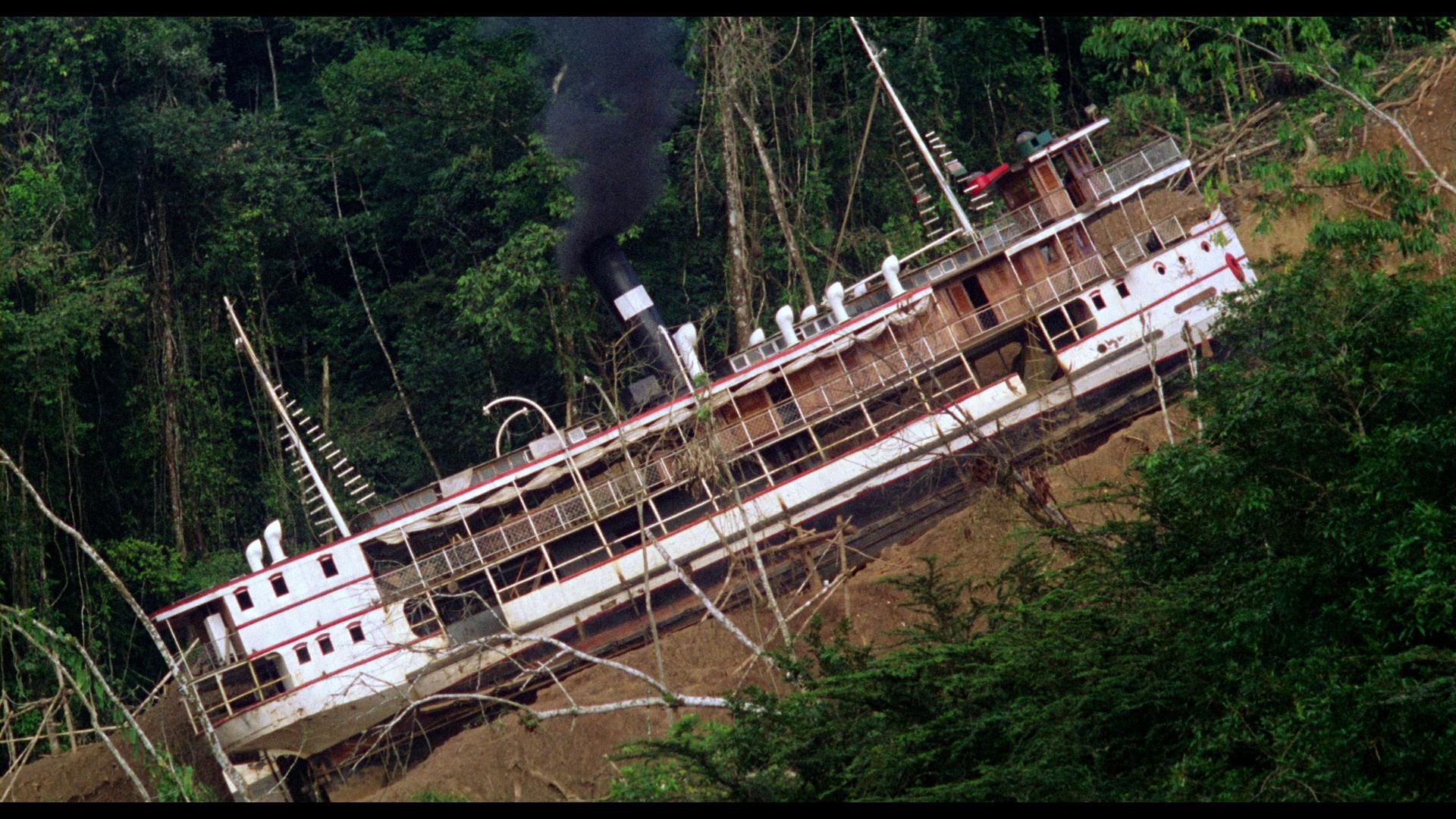What makes a representation truthful? What, if any, differences are there between representing an event and representing a form of life? What criteria should we use to determine the fidelity of representations? Is truth best thought of as a correspondence between a representation and reality? What norms govern activities involving truth-telling? Above all, why is truth-telling so important to us? In this course, we examine these and related issues in the context of the history of documentary and non-fiction films. In so doing, we investigate the particular problems the presence of the camera creates for documentary and non-fiction representations. By taking up a number of such films, we will investigate different standards used in depicting an event, telling a story, or representing a way of life. In addition to examining a number of films from documentary and non-fiction traditions, we will also look closely at a number of related philosophical and critical texts. We read texts by Michel Foucault, Friedrich Nietzsche, Gottlob Frege, Simon Blackburn, Judith Butler, bell hooks, Siegfried Kracauer and others. We watch films by Frederick Wiseman, the Maysles brothers, Jennie Livingston, Marlon Riggs, Orson Welles, Chris Marker, Agnes Varda, Barbara Koppel, Robert Flaherty, and others.

- Teacher: Daniel Wack